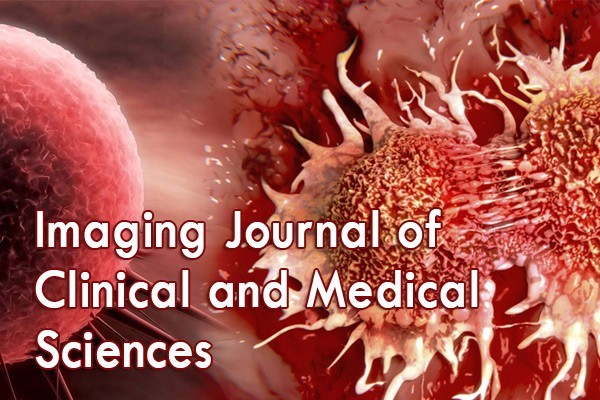Objectives: We aim to determine the prevalence of hypertension, cardiovascular risk factors and complications among the population living in the semi-rural area of Gueoul in Senegal.
Volume 2 Issue 1 - 2016
Ambient Air Pollution and Hypertension: A Relationship that Strikes Around the Clock
Cardiovascular disease is the leading cause of death in the World [1]. As the major risk factor for cardiovascular disease, hypertension has been identified as the most important cause of disability and the leading risk factor for death globally [2].
Ambulatory Blood Pressure (BP) and Heart Rate (HR), Gender Differences in Cordoba, Argentina
BP is changing in the course of age, in both sexes, Systolic BP increases continuously and instead Diastolic BP only rises until age 50-60 years and then stabilizes or drops [1].
Correlation of Cardiac Sympathetic Nervous System Dysfunction with Diastolic Left Ventricular Dysfunction in Patients with Controlled Hypertension
Introduction: Sympathetic nervous system activity is increased in patients with systemic hypertension. Angiotensin converting enzyme inhibitors can effectively control hypertension without a reflex sympathetic stimulation.
Usefullness of Phytoestrogens in Treatment of Arterial Hypertension. Systematic Review and Meta-Analysis: Un Update
Background: It has been suggested that phytoestrogens may have utility in the control of arterial hypertension.
Methods: We performed a systematic review and meta-analysis of randomized controlled trials, and the main outcome was the decrease of blood pressure.
The Role of Noninvasive Imaging for Detection High Risk Patients with Subclinical Atherosclerosis
Non-invasive imaging is widely used to assess vascular dysfunction, including measurement of flow-mediated vasodilatation of the brachial artery (FMD), pulse wave velocity (PWV), the augmentation index (AI), and central blood pressure. Endothelial dysfunction, a main contributor of atherosclerosis is possible diagnostic tool by FMD. An arterial stiffness, assessing by the PWV and/or arterial dispensability and beta stiffness index have been associated with cardiovascular risk.
The Correlation Between arterial Hypertension and Endothelial Function
Arterial hypertension is defined by a stable increase in systemic arterial blood pressure (BP) values, i.e. systolic value of 140 mmHg or more and/or diastolic one of 90 mmHg or more. Its prevalence is about 30-45% of the general population; representing a well-known cardiovascular (CV) risk factor [1].
Volume 1 Issue 1 - 2015
Anxiety and Depression in Hypertensive Women: Influence on Symptoms and Alexithymia
Objectives: Depression and anxiety are common mental disorders in women with cardiovascular disease. However, little research has examined the role of these disorders among women suffering from essential hypertension (EH). The present study explored the prevalence of both depression and anxiety in women with hypertension.
Hypertension and Cardiovascular Risk Factors in Young University Students from Quito, Ecuador
Introduction: Hypertension is the most common chronic non-contagious disease. High blood pressure is an important risk factor for premature mortality and contributes to the development of heart disease, stroke and kidney failure. In spite of the fact that it is consider to be an adult disease, the frequency in young people has increased.
Blood Pressure Control during Hospitalization at the Department of Medicine
Introduction: Hypertension control has been shown to decrease morbidity and mortality. However, it is unclear whether it is worthwhile to control blood pressure (BP) in the inpatient setting. The aim of the study was to determine physicians' attitude towards the management and control of hypertension during hospitalization at internal medicine departments.




 About Journal
About Journal  Aims & Scope
Aims & Scope  Submit Manuscript
Submit Manuscript 







